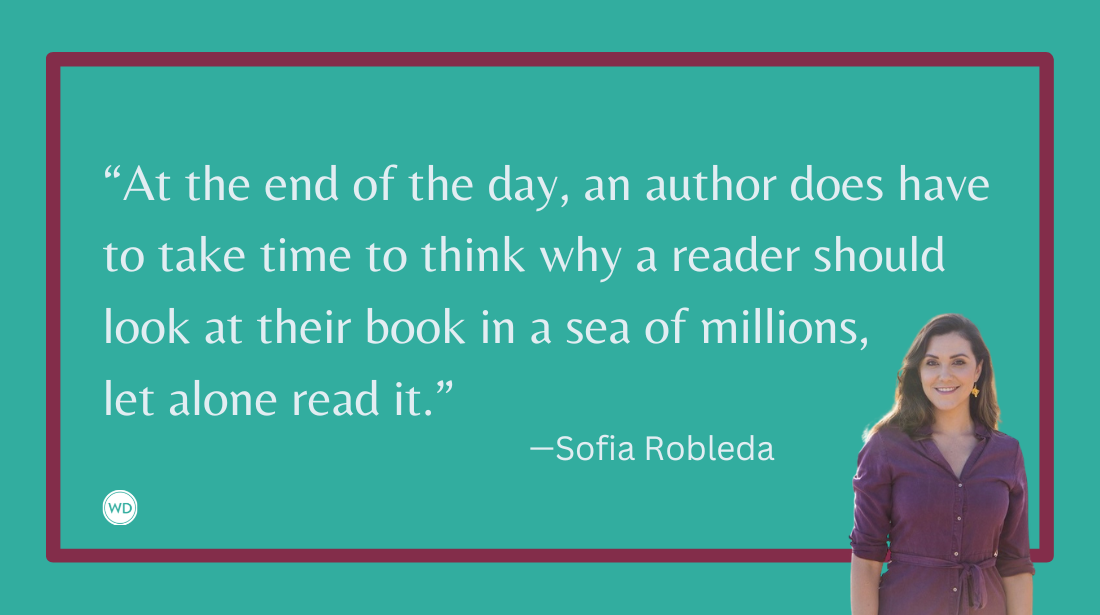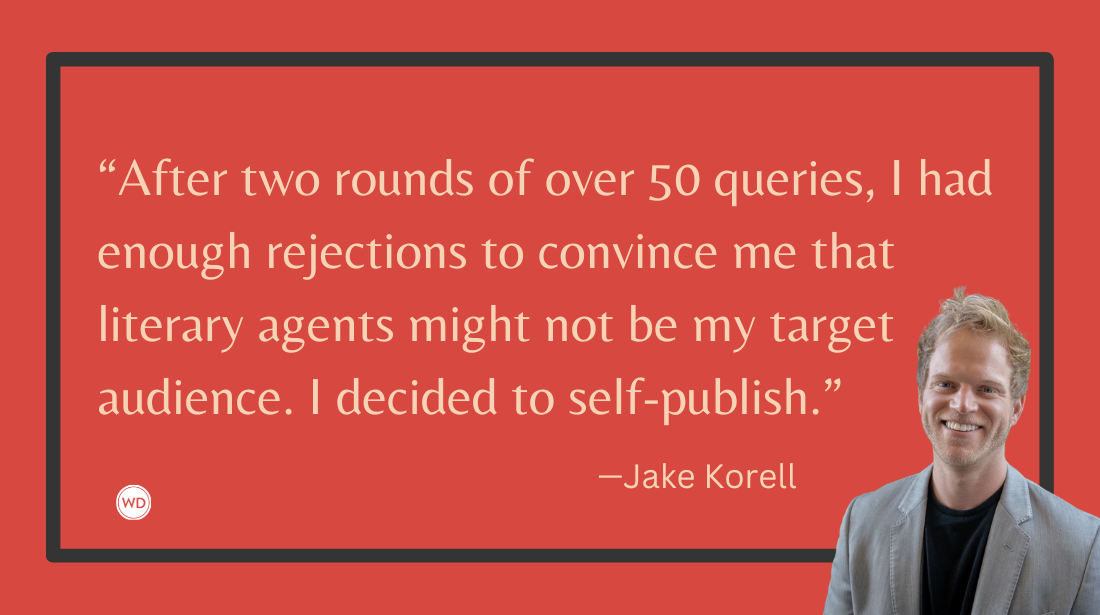7 Ways to Fix a Messy Manuscript
Trina St. Jean, author of 2015 debut novel BLANK, shares seven tips for cleaning up the messiest of drafts and refocusing your work in progress.
The first draft of my YA novel BLANK was a complete disaster. I had taken a random approach to writing it, jotting down whatever I could between diaper changes and other distractions. I tried not to concern myself with structure or plot, thinking I would fix all that “later.” When “later” became hundreds of pages that somewhat resembled a novel, I knew the task ahead of me was not for the faint-hearted. I experimented with many approaches to get BLANK ready for submission (and eventual publication), and survived, only slightly traumatized, to share these tips for repairing even the most chaotic of first drafts.
Order a copy of Trina St. Jean's Blank today.
1. Take in the Big Picture. Before you can even think about fiddling around with the details in your novel, take a look at the overall plot and structure. Lock yourself away from the world and do a read-through, in one sitting if possible, with these questions in mind: What am I trying to say? What’s this story about? Writing a synopsis helps nail things down.
2. Find your tricks. Experiment with ways of seeing the story that work for you. Jot down scenes on sticky notes and cover your office wall with the plot line. Take long walks and let ideas percolate. Try out storyboarding or novel organizing software (I love Scrivener). Change the font of your manuscript and read it again: this can fool your mind into seeing it as something other than your own writing. Essentially, you don’t know what will help you see things in another light until you’ve tried it. The goal is to get your theme, character motivations and plot structure clear in your mind.
3. Talk things out. It can really help to toss ideas around with people whose opinion you trust. My husband, for example, is extremely logical. So I know that if I am stuck on a plot point, he will quickly shut down any solutions that don’t make sense. The mere process of explaining issues can help you think through possible fixes, so even talking to yourself can be productive. Close the windows so the neighbors don’t hear and blab away.
4. Jot thoughts down. Immediately. Throughout the process of revision, carry a notebook at all times. Write down possible changes whenever they come to you, no matter how crazy or irrelevant they may seem. They might be the ticket you’re looking for.
5. Tackle "weasel words." "Weasel words” are those useless, often meaningless words that have a tendency to sneak into your writing. My list includes words like “just” and “really”. Do a search (use Find in the Edit menu in Microsoft Word) and eliminate or change as many of them as you can. Along the way, look for ways to make your prose more lively, interesting, and unique. Shorten rambling description. Cut out scenes that don’t serve the story’s purpose. Be harsh and don’t accept anything that you’re not satisfied with.
6. Host a private story time. Read your book out loud to yourself, record, and listen. Or have the computer read it to you using Text to Speech function in Word (warning: it will sound robotic!). I used Garage Band on my Mac to record myself but you can also download Audacity for free. Hearing your story will help you find sentences that don't sound right and need a little more work.
7. Rinse, repeat. If you have time, sit back a bit and relax. Reward yourself for your hard work. But it’s not finished yet! After you’ve recuperated a little, read the whole thing again, jotting down any impressions you have. You will be sick of the thing. Looking at the thing will make you nauseous. But push on. This is your time to make your prose shine.
BONUS! Chill. Let it go. Be satisfied that you did all that you could to make it the best book you could at this point in your career. It’s easy to become obsessed and enter into a vicious circle of changing things then changing them back again. But now is the time to get your story out there in the world, and start your next project … that is, until an editor asks you to start the process all over again!
Trina St. Jean is the author of debut novel BLANK(April 2015, Orca Book Publishers). Trina grew up in northern Canada, with wolves howling in the woods behind her house and northern lights as entertainment. She has an MFA in Writing for Children and Young Adults from Vermont College and now teaches ESL in Calgary, Alberta and enjoys adventures in the nearby Rockies with her husband and two daughters. Connect with her on Facebook.









